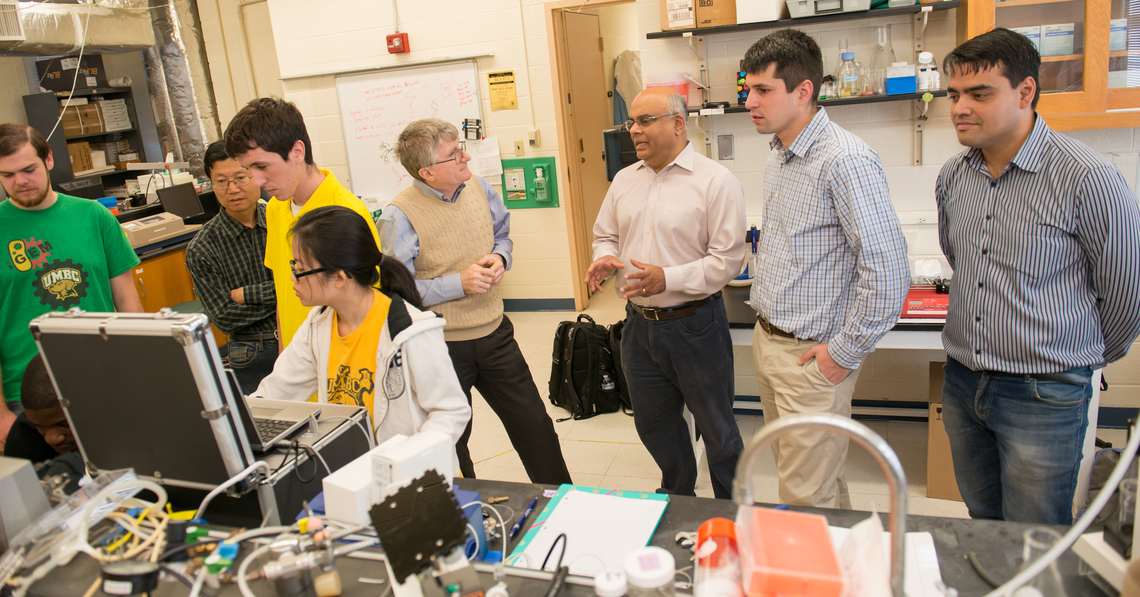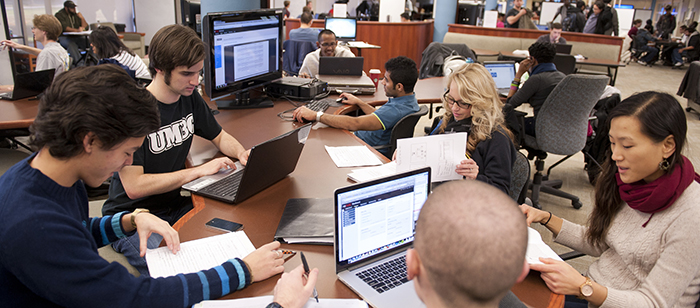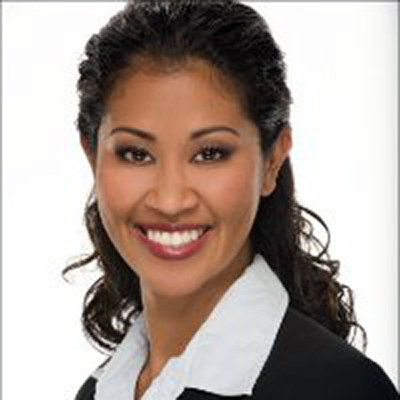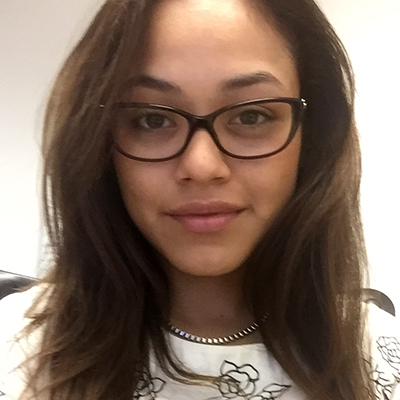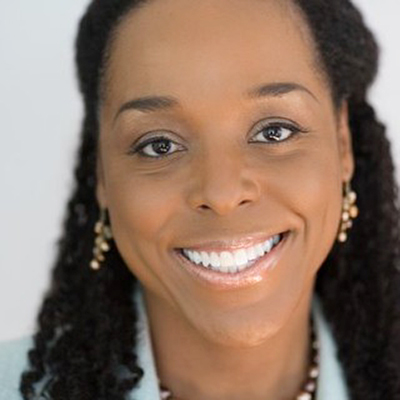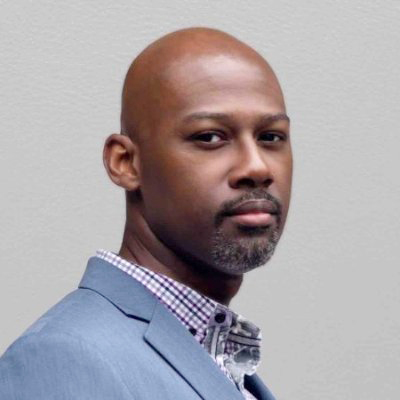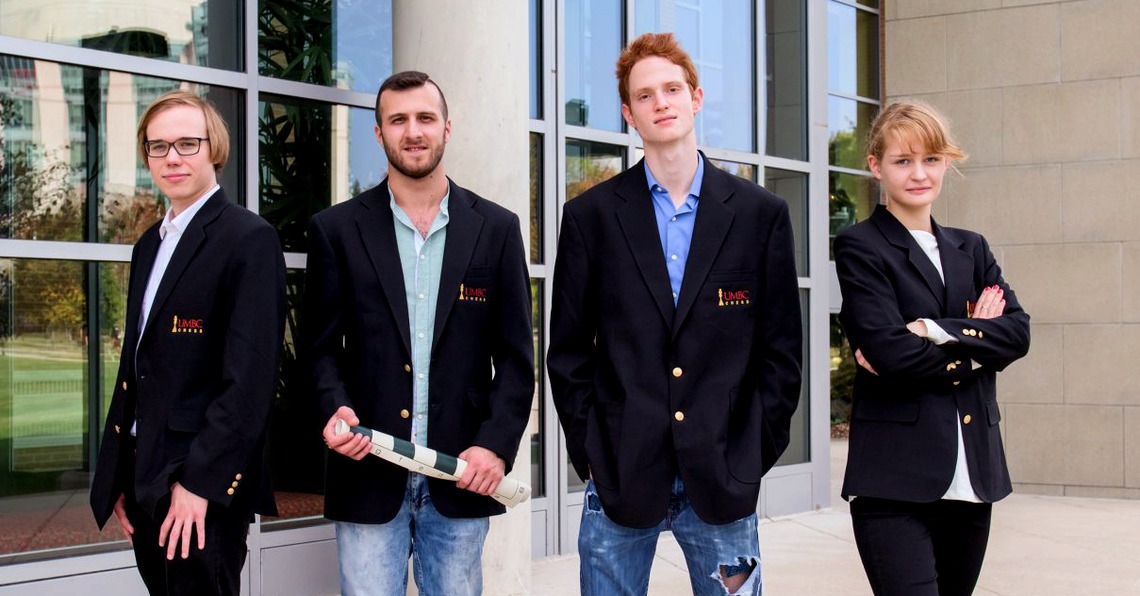
UMBC Chess finished seventh overall at the 2016 Pan-American Intercollegiate Team Chess Championship, held in New Orleans, Louisiana, December 27–30.
The UMBC Chess A team finished in 10th place, with victories over the Texas Tech D team, the University of Oklahoma A team, the Columbia University B team, and the Arizona State University team. The UMBC Chess B team earned wins over the Texas Tech E team, and the University of Minnesota Twin Cities B team, and finished 45th overall.
UMBC’s 2016 A team includes international master Levan Bregadze ‘16, financial economics; grandmaster Tanguy Ringoir ‘19, economics; woman FIDE master Ewa Harazinska ’20, chemistry; and Maor Leker Locker ’20, biological sciences. The UMBC Chess B team includes Dobrynya Konoplev ‘18, computer science and mechanical engineering; Nathan Janus ’20, mathematics; Nathaniel Wong ‘18, Asian studies and political science; Abhilash Puranik ‘17, M.S. computer engineering; and Jeffrey Mich Carr ’19, interdisciplinary studies.
UMBC has participated in the Pan-American Intercollegiate Team Chess Championship for 26 years, and has won or tied for first place at the Pan-Am Championship ten times. UMBC Chess has also continued on to the President’s Cup—known as the Final Four of College Chess—numerous times, but did not qualify for 2017.
At the 2015 Pan-American Intercollegiate Team Chess Championship, the UMBC Chess A team finished in 10th place, and the UMBC Chess B team finished 31st overall. Alan Sherman, professor of computer science and electrical engineering, serves as director for UMBC Chess and Joel DeWyer, interim director of The Commons, is business manager.
UMBC Chess made headlines earlier in 2016 when Nazi Paikidze-Barnes, information systems, an alumna of the team, won the 2016 U.S. Women’s Chess Championship held in St. Louis.
Reposted from UMBC News. Image: Members of the UMBC Chess A team before attending the 2016 Pan-American Intercollegiate Team Chess Championship. Photo by Marlayna Demond ‘11 for UMBC.
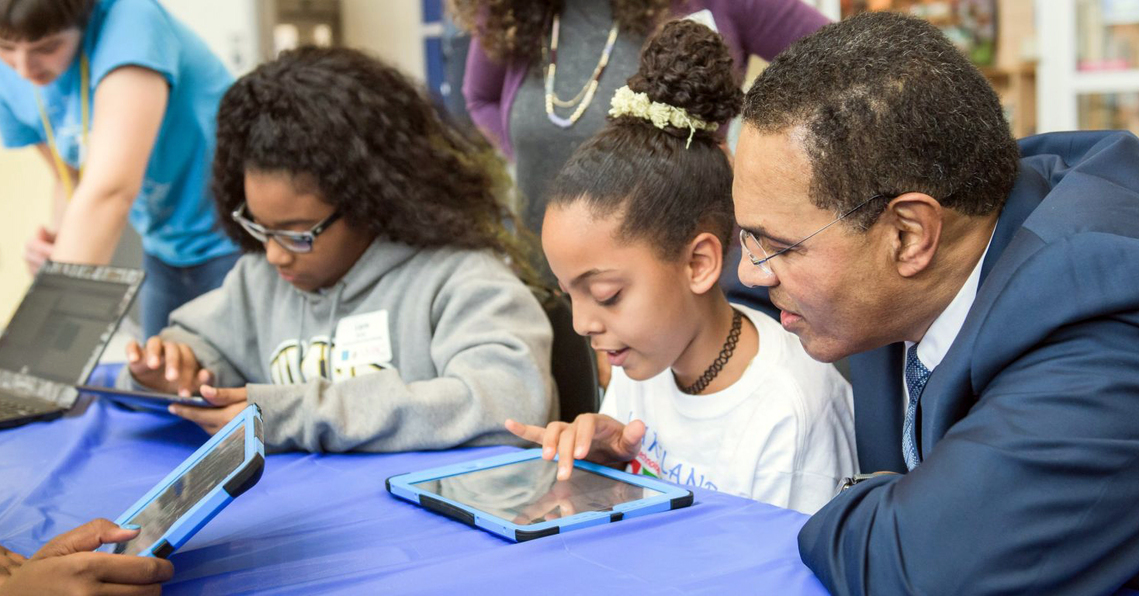
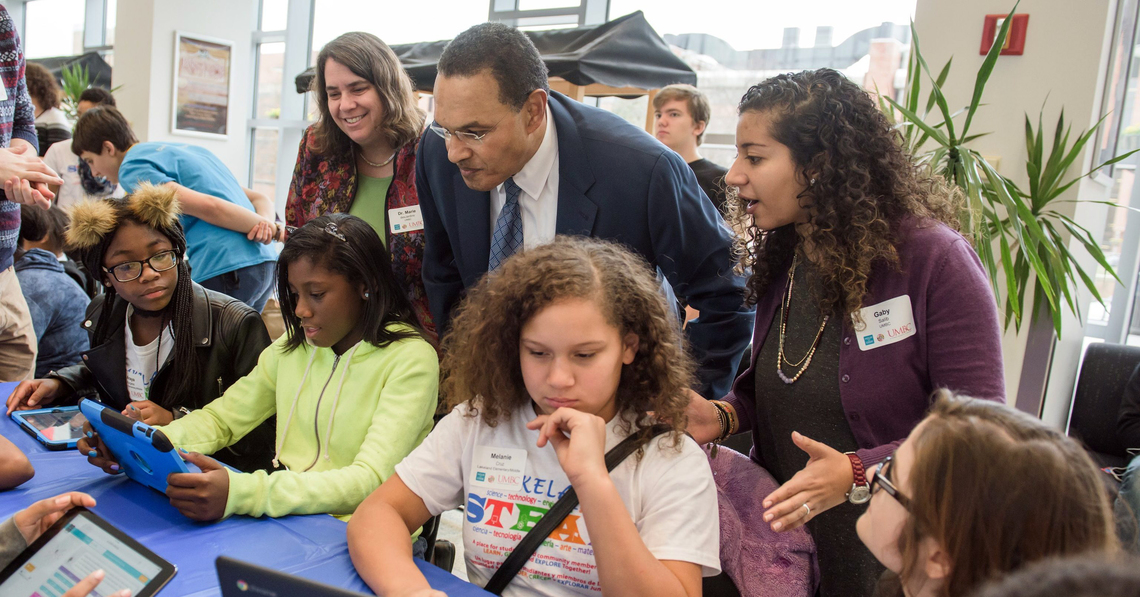 Dr. Marie desJardins, President Freeman Hrabowski, and Gabrielle Salib ’17, interdisciplinary studies, working with Lakeland Elementary/Middle School students at the Hour of Code.
Dr. Marie desJardins, President Freeman Hrabowski, and Gabrielle Salib ’17, interdisciplinary studies, working with Lakeland Elementary/Middle School students at the Hour of Code.
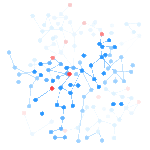 Lexumo is a startup which provides the only automated service that continuously monitors IoT software platforms for the latest public vulnerabilities.
Lexumo is a startup which provides the only automated service that continuously monitors IoT software platforms for the latest public vulnerabilities. 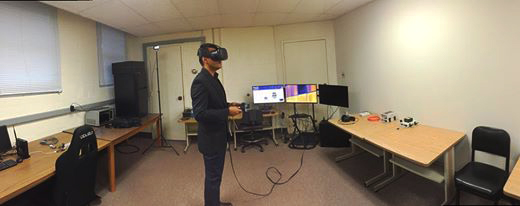
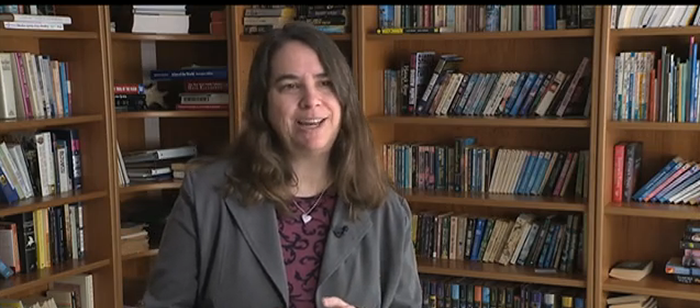


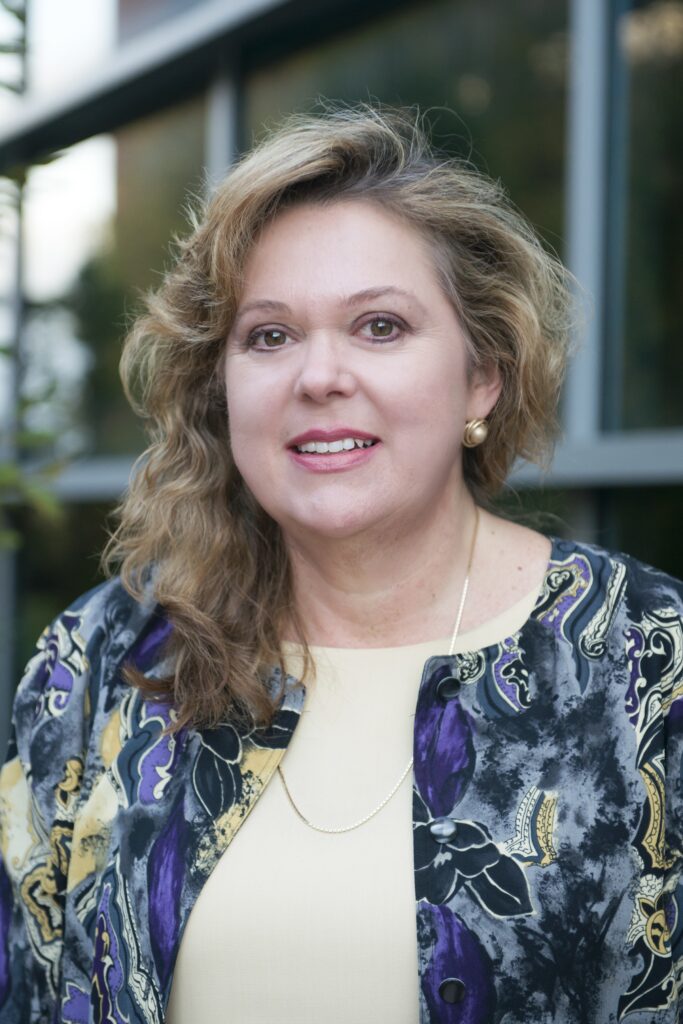 “I am most excited about the opportunity to work for a member of Congress and to learn how the legislative process flows. It will be a huge time for change on Capitol Hill—a new president and many newly elected officials. I would like to bring my technical knowledge to the Hill as those new officials discuss legislation relating to cybersecurity,” she said.
“I am most excited about the opportunity to work for a member of Congress and to learn how the legislative process flows. It will be a huge time for change on Capitol Hill—a new president and many newly elected officials. I would like to bring my technical knowledge to the Hill as those new officials discuss legislation relating to cybersecurity,” she said.